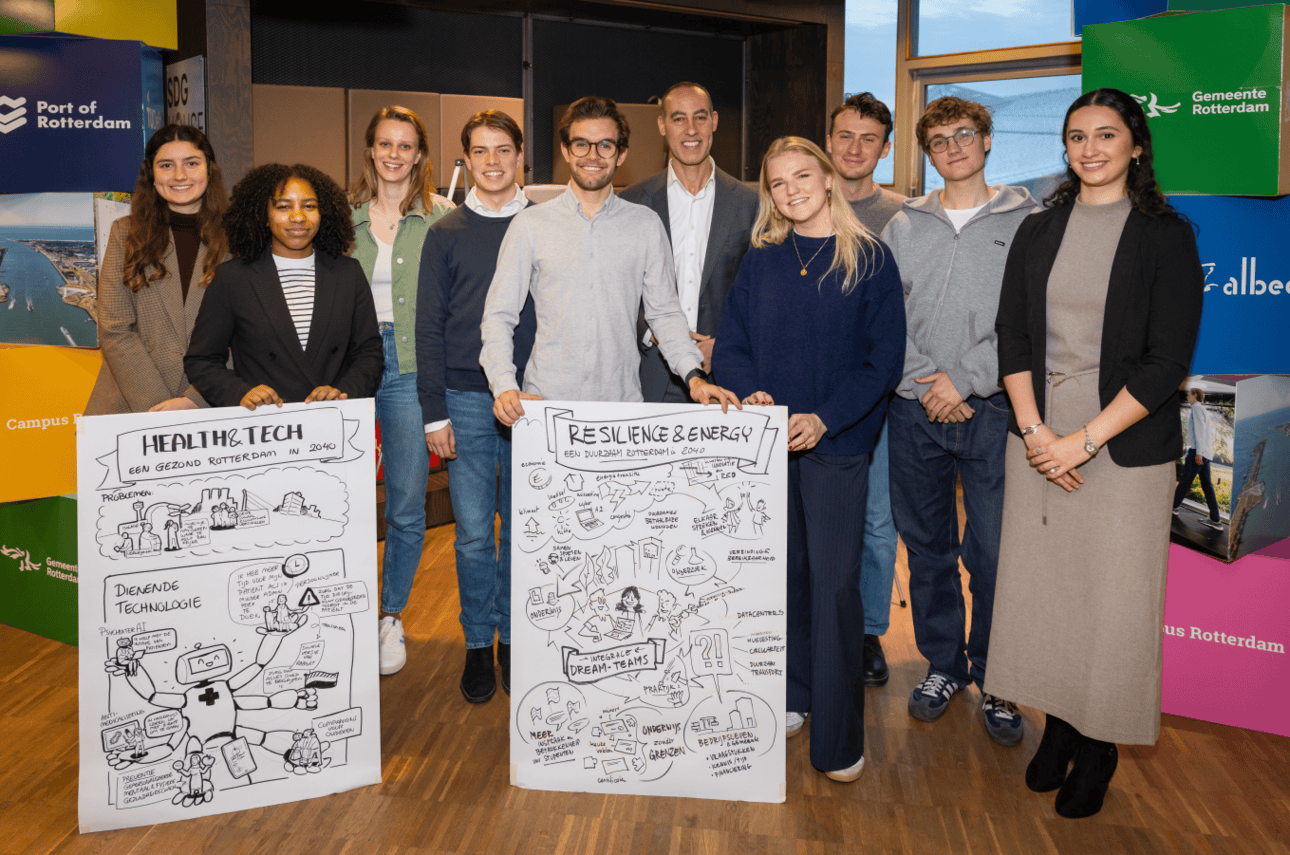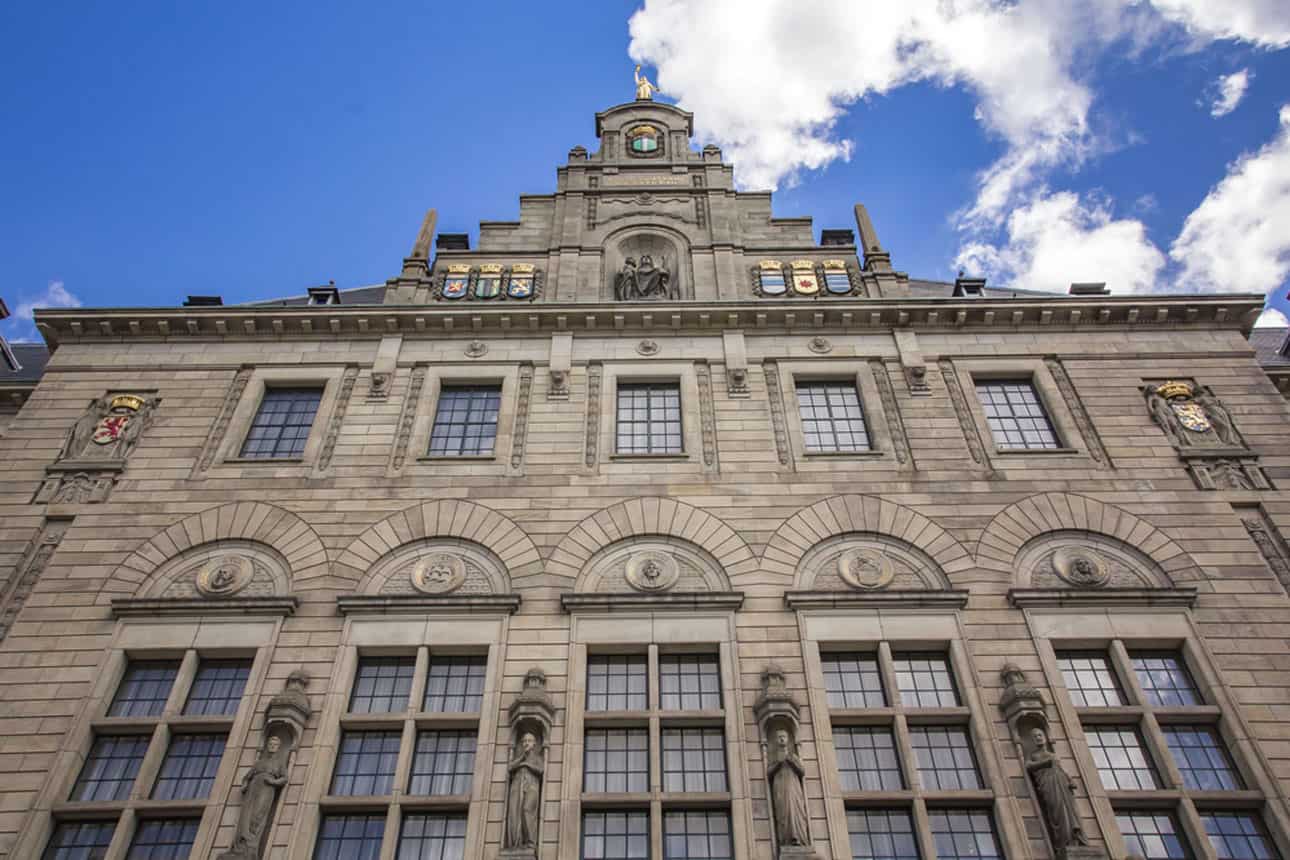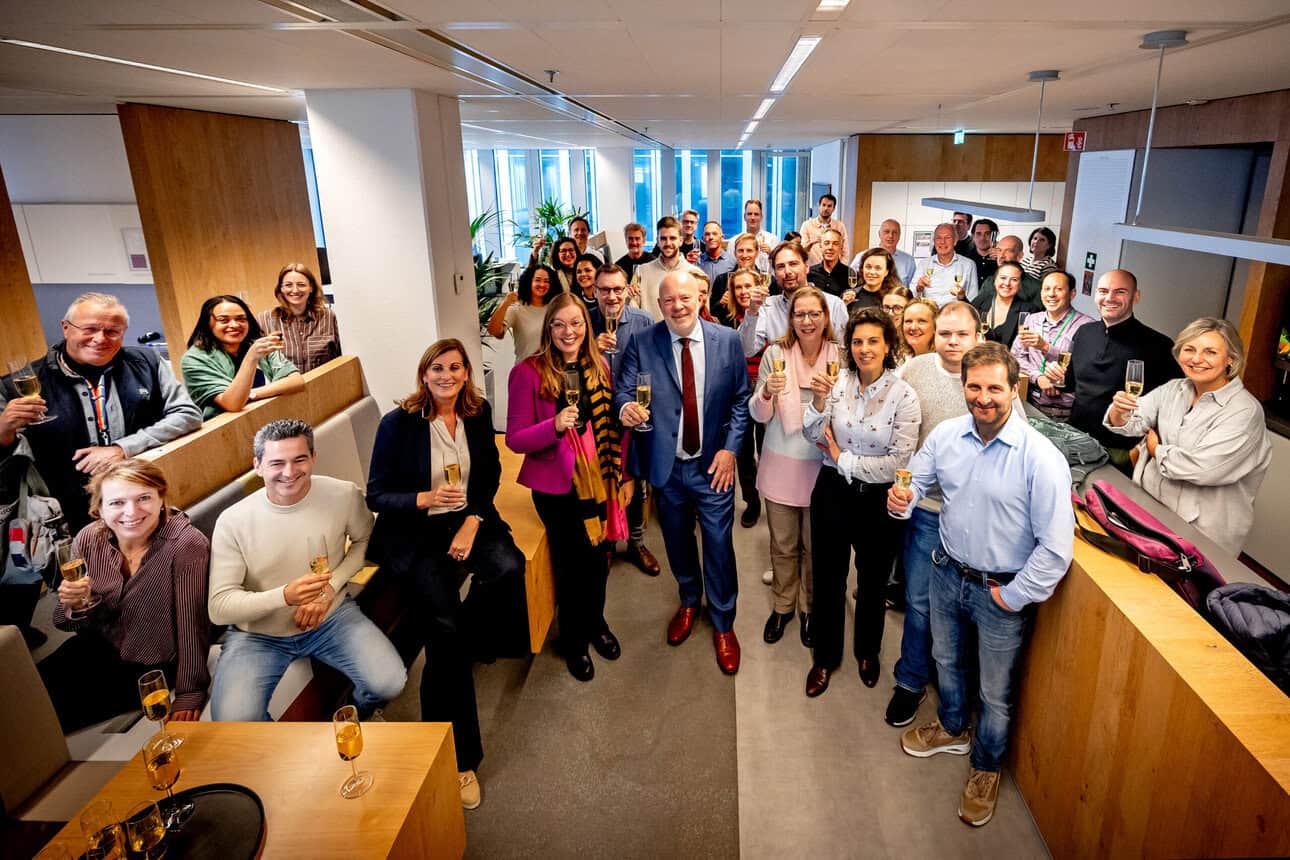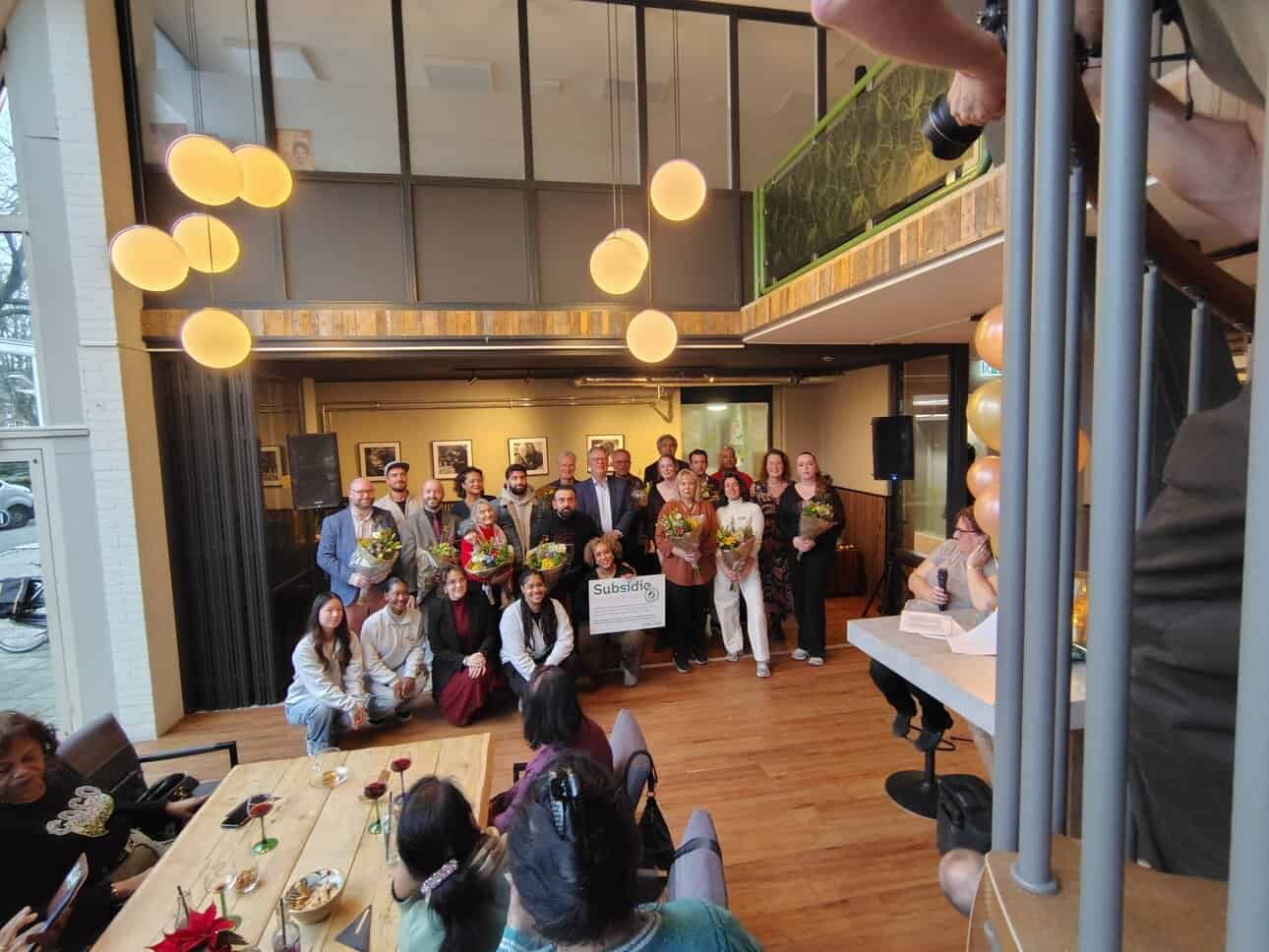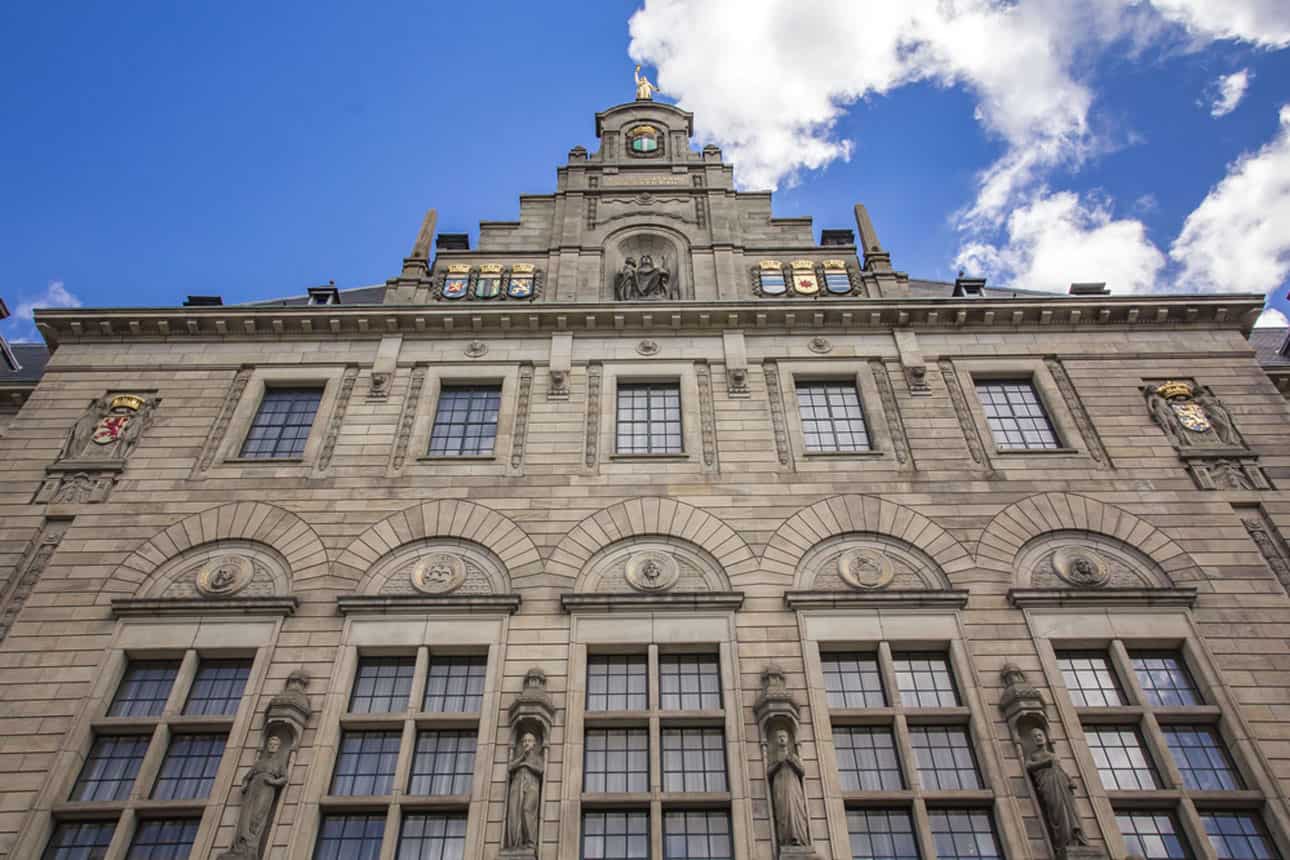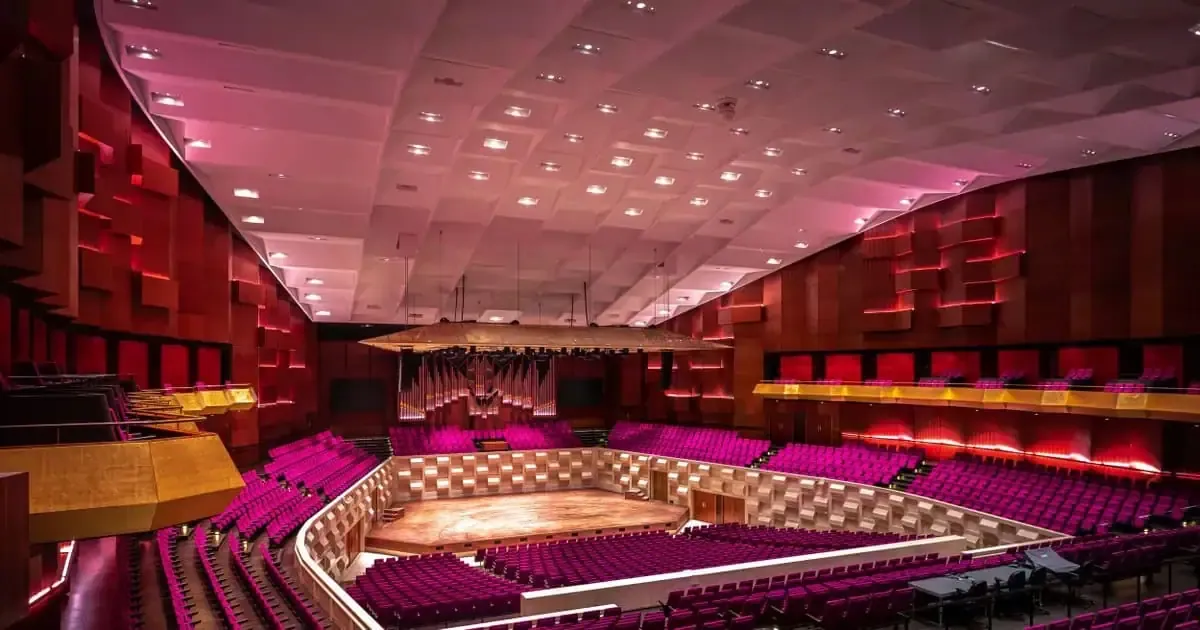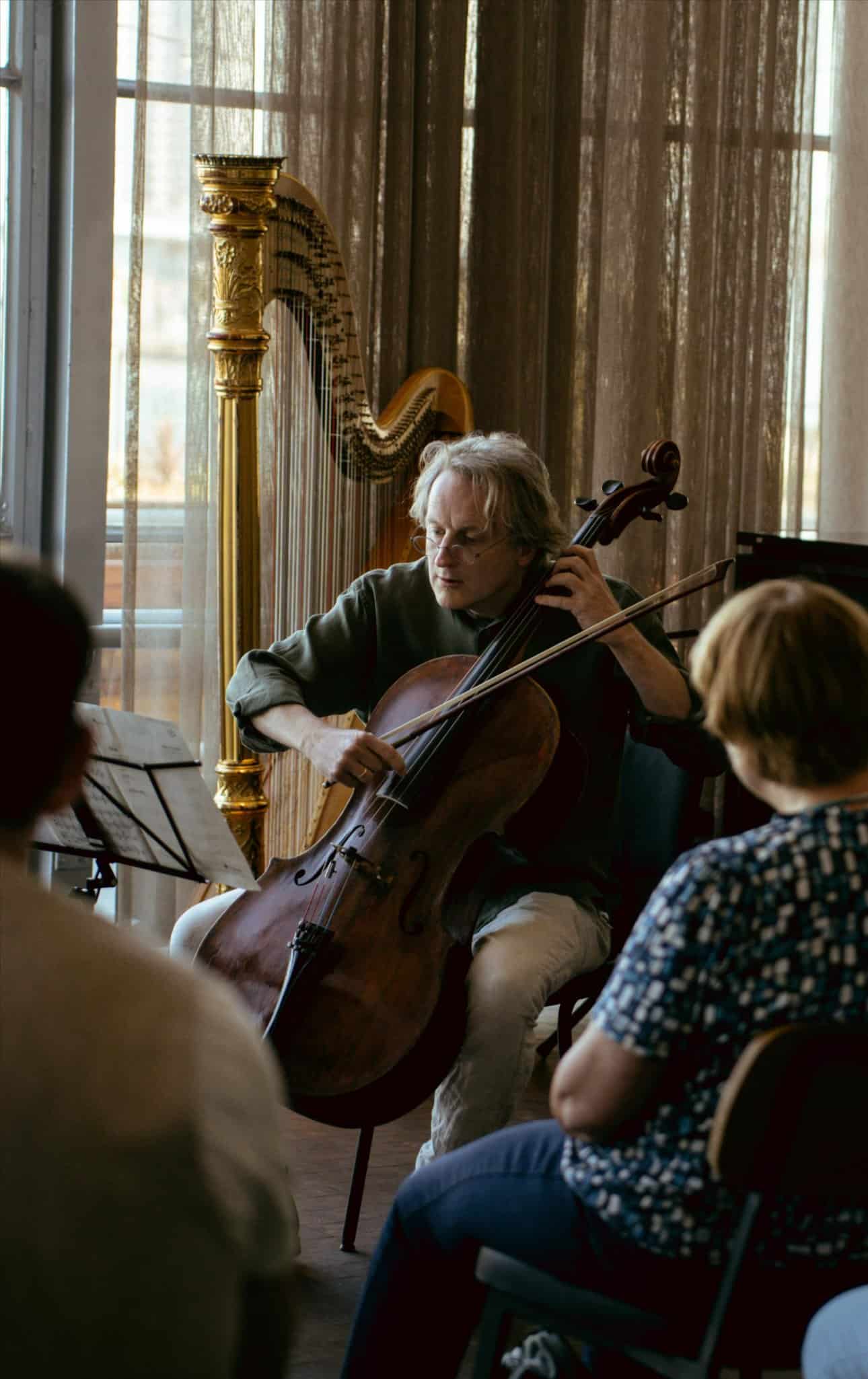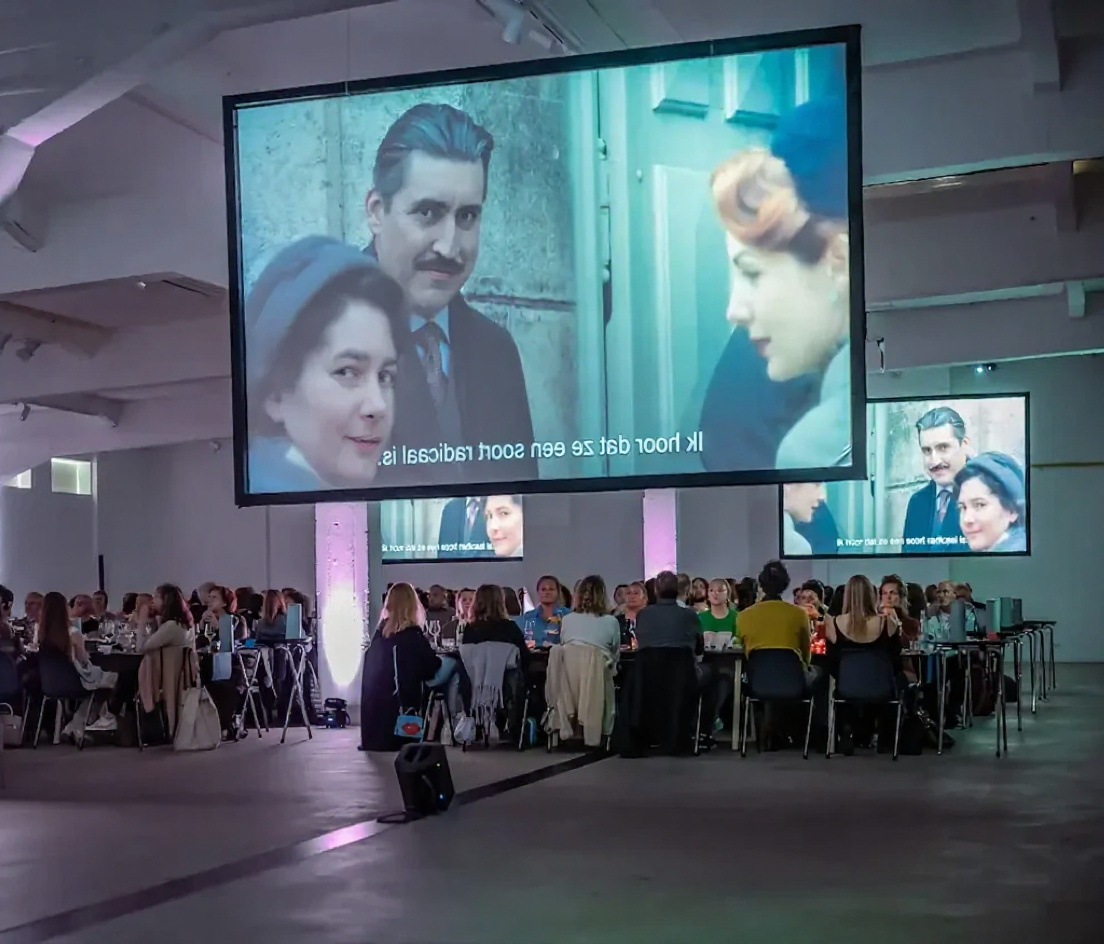ROTTERDAM, 17 December 2025 – A new Campus Rotterdam programme office has opened inside the Groot Handelsgebouw, placing education, government, healthcare, and the port sector under one roof. If you care about where this city is heading, this is one of those moments where big Rotterdam questions get pulled into one room.
Campus Rotterdam opens in Rotterdam’s Groot Handelsgebouw
A new programme office for Campus Rotterdam has been opened this week at CIC in the Groot Handelsgebouw, next to Rotterdam Centraal. The location is intended to act as a fixed base where partners can meet and develop projects linked to Rotterdam’s future.
The opening was framed around issues that you will recognise from daily Rotterdam conversations, the energy transition in the port, access to good healthcare, and protection against rising sea levels.
What Campus Rotterdam is and who is involved
Campus Rotterdam has been set up as a partnership that connects vocational education, higher education, research, healthcare, government and the port sector. The programme office is meant to support collaboration on concrete solutions, with Rotterdam as the place where ideas can be tested and developed.
Nine partners are involved: Albeda, Erasmus MC, Erasmus University Rotterdam, the Municipality of Delft, the Municipality of Rotterdam, the Port of Rotterdam Authority (Havenbedrijf Rotterdam), Rotterdam University of Applied Sciences, the Province of South Holland, and TU Delft.
Students present their Rotterdam 2040 vision at the opening
During the opening, students from Rotterdam and Delft presented their vision of Rotterdam in 2040 to directors and administrators from the partner organisations. Participants came from mbo, hbo and university tracks, alongside interns connected to the Municipality of Rotterdam, Erasmus MC and the Port of Rotterdam Authority.
The student work focused on themes such as health and technology, as well as resilience and energy, and was presented as an example of what transdisciplinary collaboration can produce when complex city issues are tackled together.
One of the interns involved, Tanne van den Eijnden from the Port of Rotterdam Authority, reflected on the value of the session: “We should really do sessions like we did today much more often. To meet each other and search together for solutions to the challenges we are facing.”
Albeda student Mika Verhagen made a case for keeping younger voices in the room: “Youth participation remains important, because we are the future.”
New TU Delft bachelor in Rotterdam links engineering and healthcare
One of the first outcomes being pursued through Campus Rotterdam is the development of new education programmes connected to city challenges. TU Delft is working on a new bachelor’s programme in Rotterdam together with Erasmus MC and Erasmus University Rotterdam, linking engineering and healthcare.
A start in September 2027 was described as the current expectation. If it goes ahead, Rotterdam would gain another pipeline for students who want to work where technology meets real-world care, in the same city where many of those challenges are already playing out.
TU Delft student Geeske Gijben, who has been involved in developing the programme, described the city as a logical place for it because of the level of healthcare innovation already happening in Rotterdam. That connection could make it easier for students to learn with direct access to hospitals, researchers, and applied partners nearby.
What this could mean for Rotterdam in the next few years
The promise of the programme office is practical output, projects you may notice beyond presentations and meetings. If it works as intended, it could lead to more pilots in the city linked to energy and climate, digitalisation, and the way care is organised and supported.
We will be watching for the first Rotterdam-based projects that move from plans to visible results, especially anything that affects how the port transitions, how neighbourhoods deal with climate risks, and how healthcare innovation lands in everyday life here.

